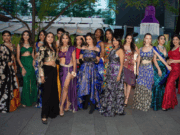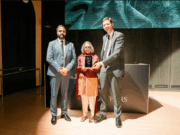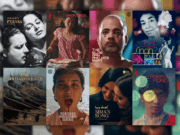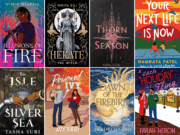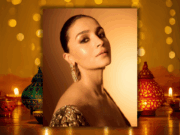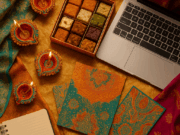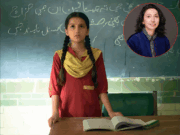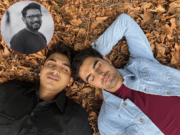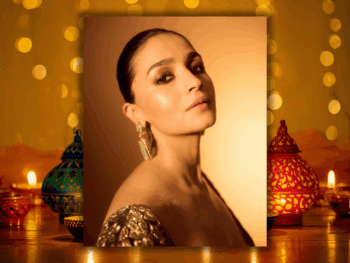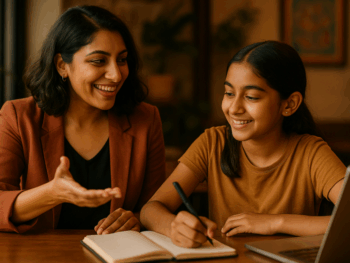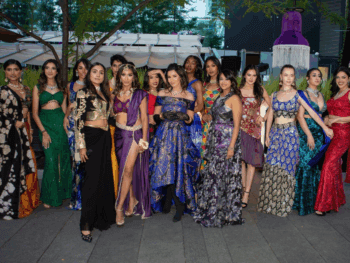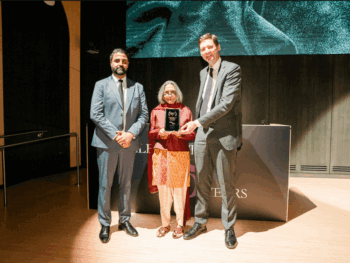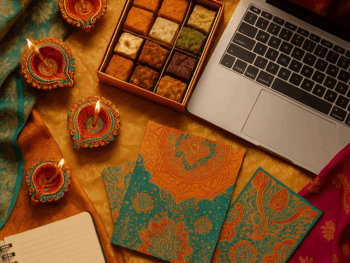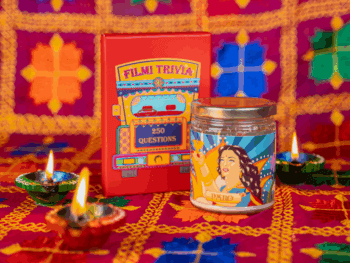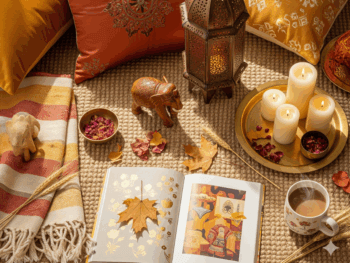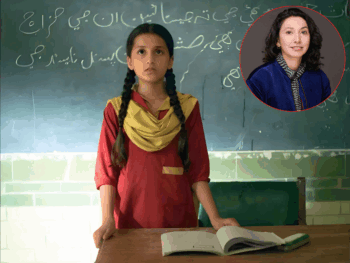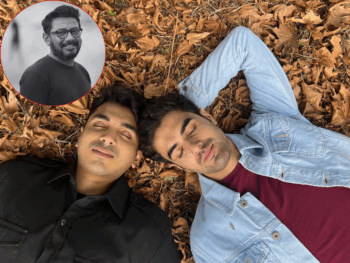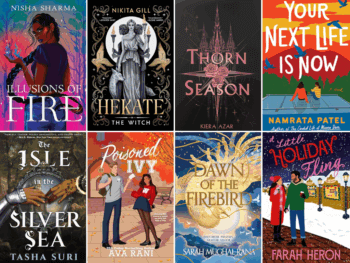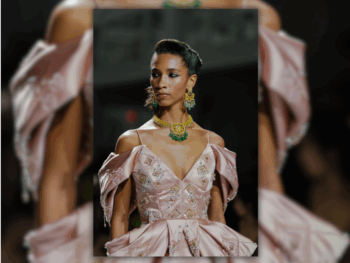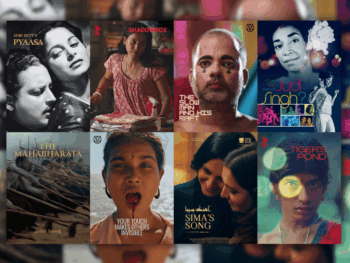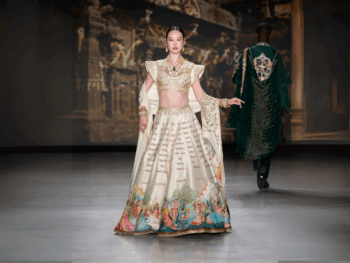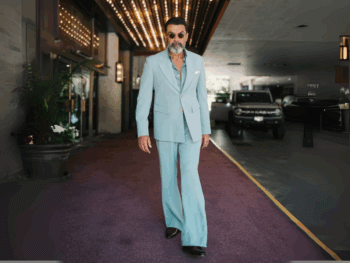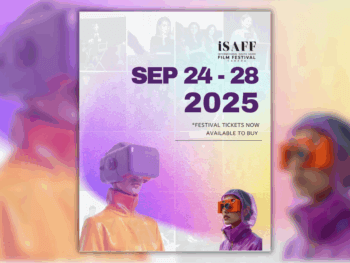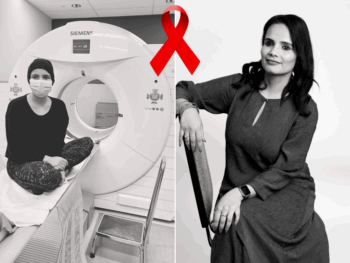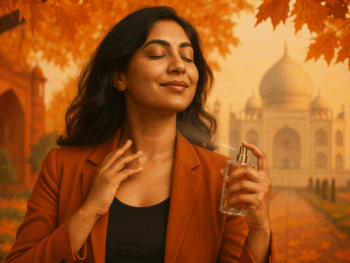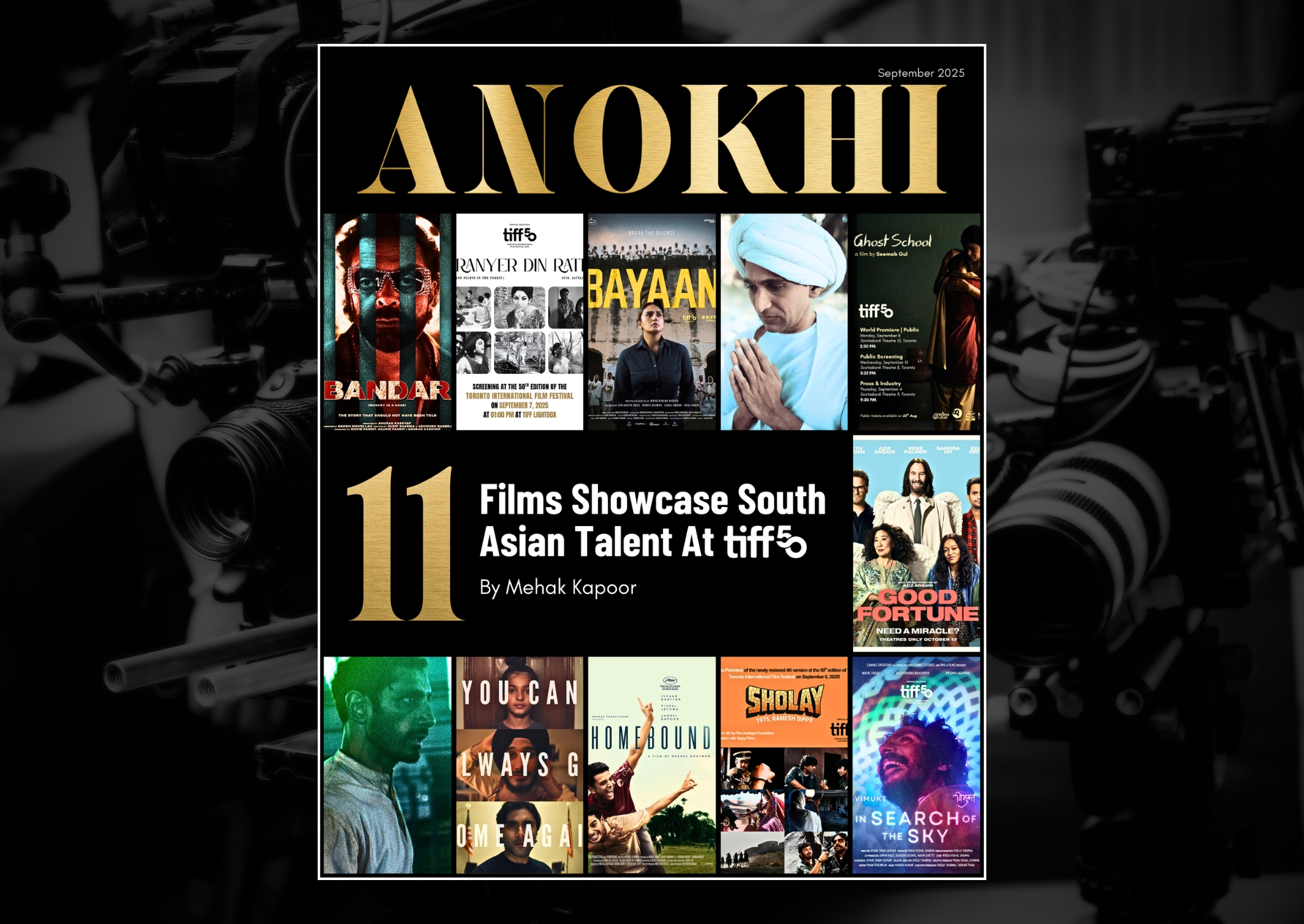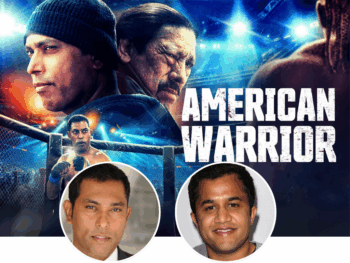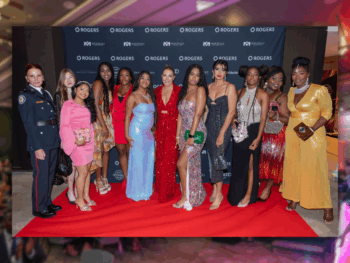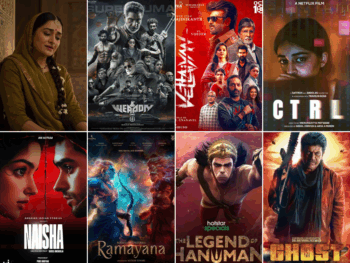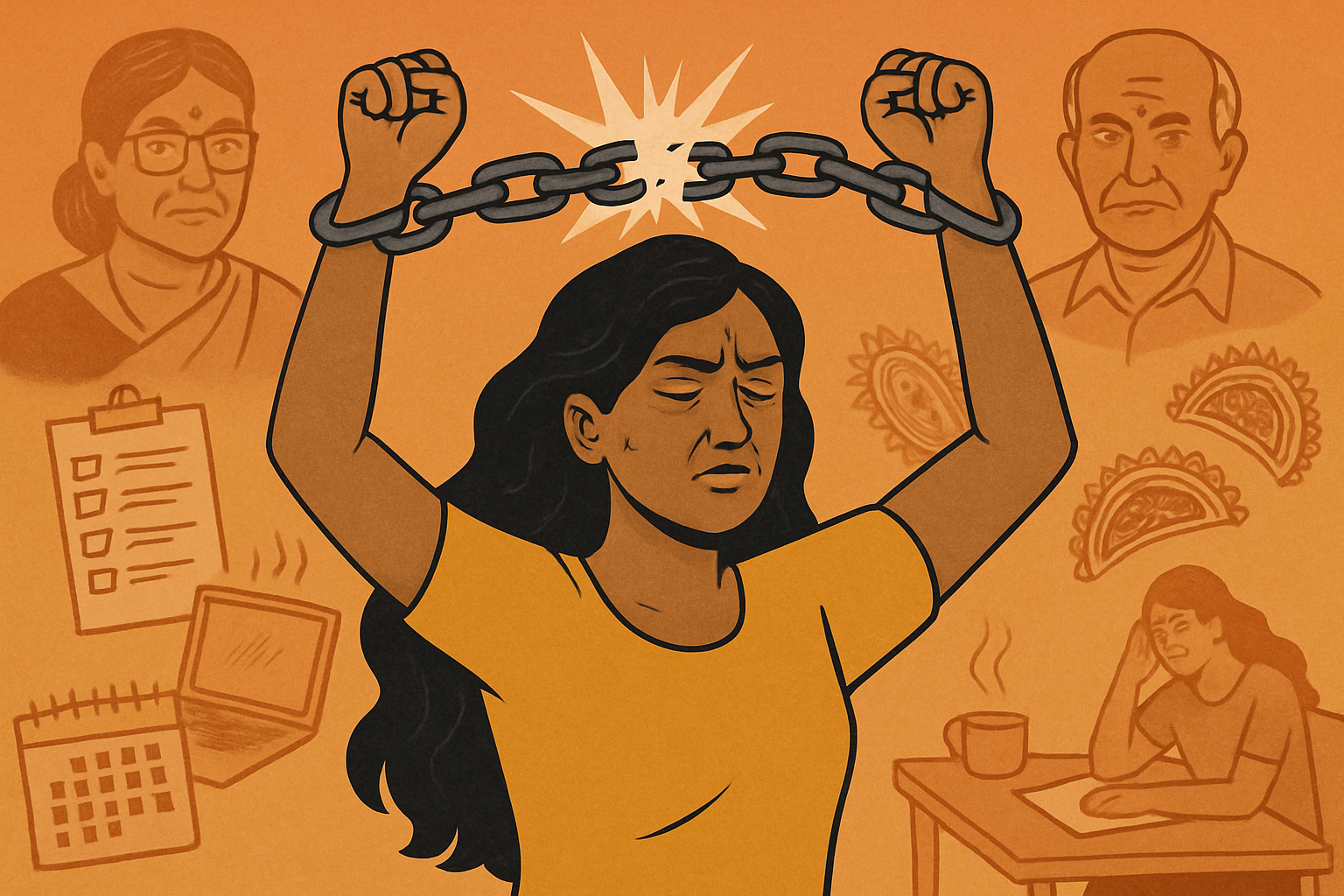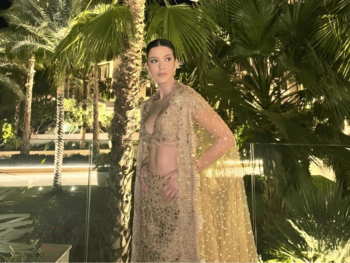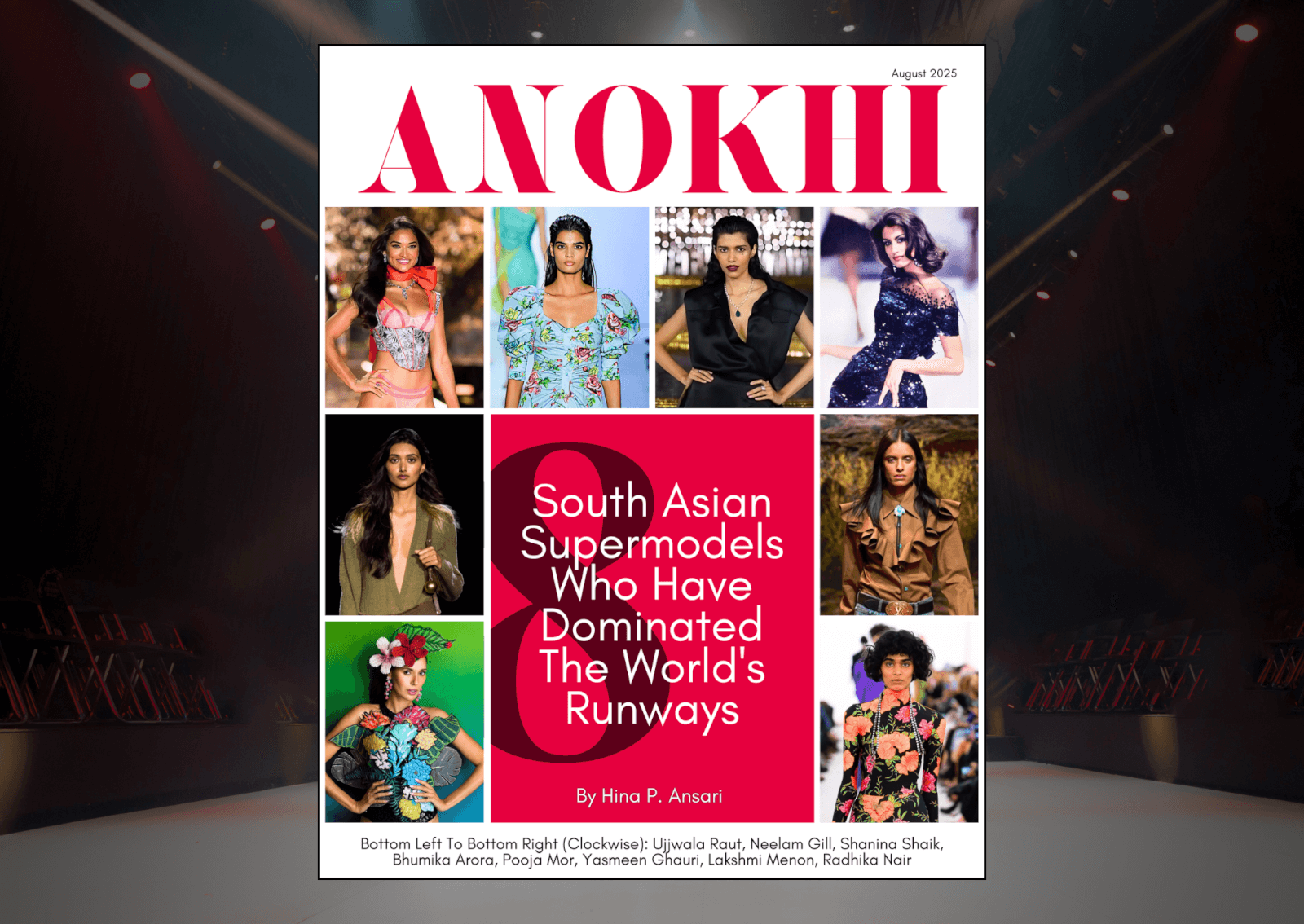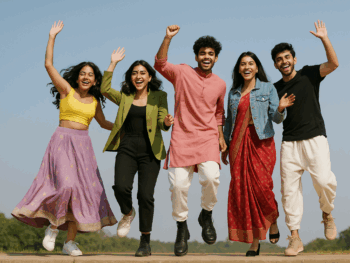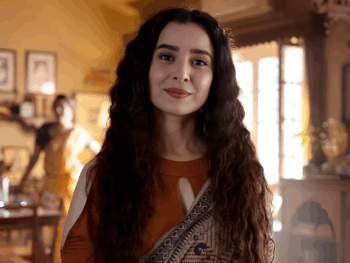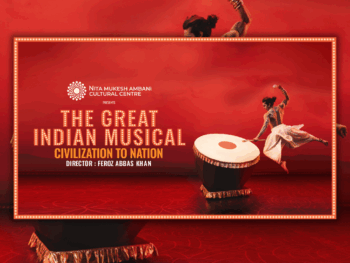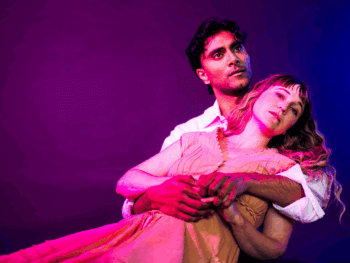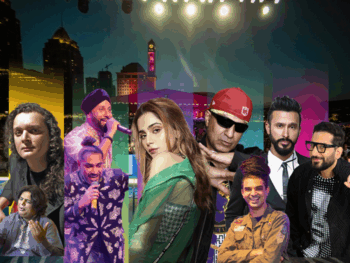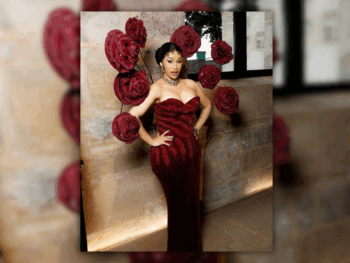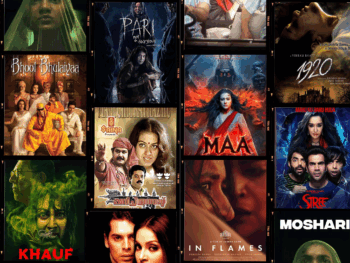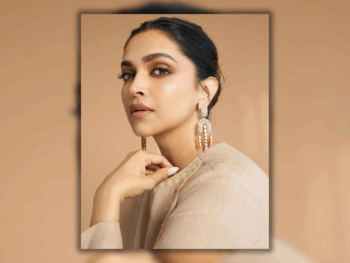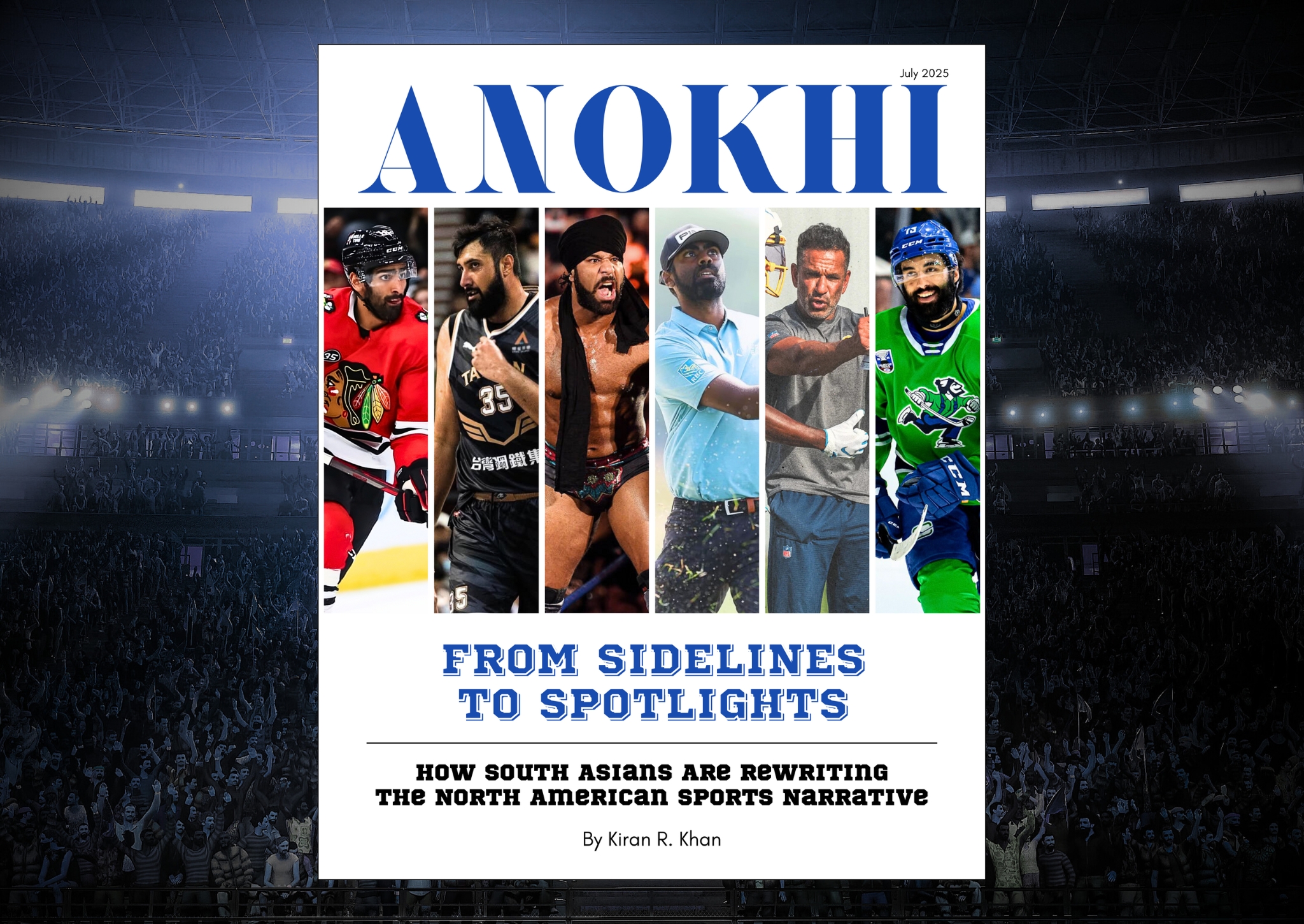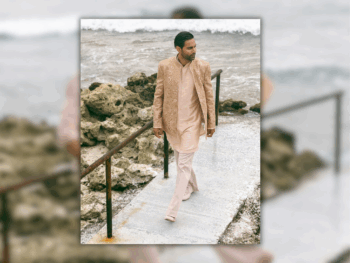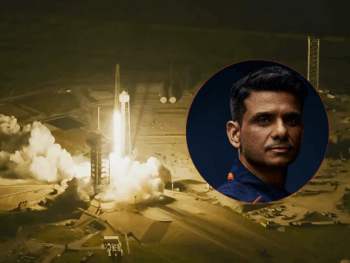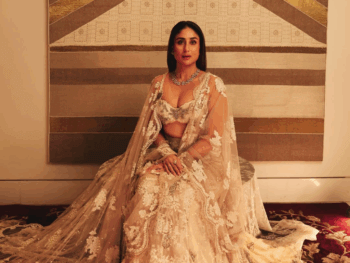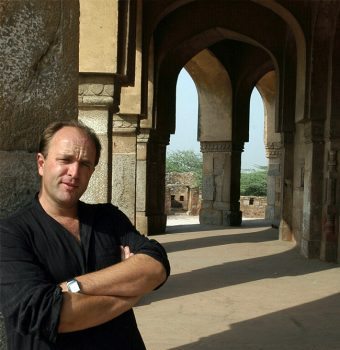
Author, historian and broadcaster as well as the co-founder of the Jaipur Literature Festival, William Dalrymple takes us deep into the trenches of his love for all things India.
With eight best sellers under his belt, including his latest tome, Nine Lives, Dalrymple takes time out of his jet-setting schedule to sit down with ANOKHI in this exclusive and candid interview—in true Dalrymple style.
How and when did your love for India begin?
Pretty quickly actually. I arrived there on the 26th of January, 1984 and didn’t know what the heck hit me. I was teaching in a school in Dehradun, Uttar Pradesh. And really for the first month I didn’t know what hit me. But at the end of the first month I completely got it and I’ve never left.
Your insight about religion in India is tremendous. What is your own definition of religion?
I don’t know about insight and stuff, but the book Nine Lives I have done by just talking to people, by listening to them. It doesn’t involve anything very sophisticated . . . it's sitting down with people, spending time with them, getting them to tell their stories. This is not a book of high philosophy, this is a book about traditional and popular Hindu religion as lived in that vast space in India, suspended between modernity and tradition. This is not a book of high philosophy and deep penetrating insights into the Vedas or anything. This is me talking to people who live (Hinduism) from nine very different locations across the Indian spectrum.
And what about your own definition of religion?
My latest book is not about my search for religion like many of the books written by Westerners about Indian religion, who have the waters muddied by the fact that they try to project their own need, their own desires, their own disillusions with their own religion systems. I try to keep out of this… this is a story of the nine people (in the book).
How has your book been received so far?
Amazing actually! This has been the best-selling book in India in the last four years. The one place that hasn’t responded quite so warmly is what used to be my traditional market—Britain. I am now selling far more copies of this book in India than I am in Britain. The Americans like it, the Australians like it. The British are slightly unnerved by religion and are naturally suspicious of religion other than their own. This book, to my surprise, has done extremely well in India. The aspects of religion that I am writing about are the sort of thing where the Rajasthanis know about bapuji but they don’t know about the bauls . . . the Bengalis know about the baul but they don’t know about the theyyam dancers. The theyyam dancers are known in Kerala but no one knows them outside the area . . . these are very regional forms of religion and people don’t know about them.Therefore, it has a far wider reach in India and I am very pleased that it's done so well there. Had it done so well in Britain and America and been ridiculed in India, I would have been very worried. The ultimate test is whether it works amongst people you are writing about.
What memories do you have of each of these books:
City of Djinns: Very happy days, my first days in Delhi, traveling with my wife who was then my girlfriend. The Age of Kali: Journalism, as a young correspondent going out, visiting the maharani—very old bird, very fanatical and a very charming old lady. White Mughals: Discovering those Persian documents and translating them and telling the other side of the story. A lot of those personal letters were encoded but I cracked the codes so I could read all of them. The Last Mughal: Again discovering those papers. Finding the stash of documents in Delhi, in the national archives and all these places and yet no one (had) read these documents, and thanks to (Delhi-based historian, writer and performer) Mahmood Farooqui we had fantastic translations. Nine Lives: The pleasure of being back on the road again, lots of lively research, to be out on the cremation grounds, climbing up the hill at Shimla (in Himachal Pradesh) at dawn and the pleasure of travelling.
There is so much misinterpretation of Islam in the West. Your books sort of reflects Islam as a religion in a beautiful way. Was this a conscious effort?
Certainly, my previous books have been set very largely in north India and concerned the Indo-Islamic civilization of north India, But Nine Lives is very much more about Hinduism. (However), there is an Islamic chapter, there is a Buddhist chapter and there is a Jain chapter. One of the things that I enjoyed doing in this book is writing about areas that I haven’t written about before. There is nothing about Delhi here. There is nothing about the big cities here. This is about the bits of India that people aren’t writing about. I have always been very lucky because the kind of things I wanted to write about are not the kind of things other Indian writers are writing about. There is such a great revolution going on in Indian writing but the kind of people I am writing about in this book are very hard to find in the Indian writing scene. They are writing about the big cities, the new India etc. But I am revisiting subjects which were once very popular, like in the 19th century. But it's been so long since (they've) been written about, (they're) actually new topic(s) after all!
Are you a night owl or are you an early riser? When do you write?
I write in the mornings. When I am writing a book, I get up very early—6:30 a.m. I do my emails straight away and then I try getting down to writing by 7:30 or 8 and then try to delay lunch as far as possible . . . I try to sit continuously for a stretch and write.
What inspires you? Are there days when you face writer's block?
That’s the joy of living in India. There is so much to write about. There are days when words come slowly and then there are days when I write very easily, but I have never had writer's block. Fiction writers rely on a stream of inspiration, where as non-fiction writers—not so much!
How much do you read when you are writing?
When you are writing a book, I think it's very important to get your reading and research done before you start writing the book. It's like Chinese cooking. You spend a long time preparing your ingredients. When it comes to writing you ought to have everything completed in your mind, you have to have all your research done, it has to be on your card index, your datelines, you have to know exactly your plan is and at that point you start putting it down on paper. I largely read non-fiction during the year but I love reading fiction during the holidays. My favourite fiction writer at the moment is Cormac McCarthy and his book The Road is great. Of classics, I love Hemingway, Tolstoy, and in non-fiction I love travel writers. Robert Byron, Bruce Chatwin, Patrick Leigh Fermor.
What about Indian writers, do you read them?
I do, but I think at this moment, the best writers are coming out of Pakistan actually. Like Mohsin Hamid. The current generation of Indian writers have not lived up to the generation of the '80s. There is an amazing stream of genius coming out of the subcontinent, but the best new age writing is coming out of not India, but Pakistan.
What can we look forward to at the Jaipur Literature Festival next year?
We have some amazing writers coming next year. Kiran Desai, Jain Khatsiya, Annie Proulx, Richard Prize, Alice Walker, Candace Bushnell. It’s the balance they like between the Indian and the international authors. My co-director Namita is responsible for bhasha, the vernacular writing.

BY: NEHA SARIN / PUBLISHED: NOVEMBER 2010 ISSUE
PHOTOGRAPHY BY: INDIA TODAY GROUP
COMMENTS
YOU MAY ALSO LIKE
Newsletter Sign Up
Subscribe to our FREE newsletter for all of the latest news, articles, and videos delivered directly to your inbox each day!





